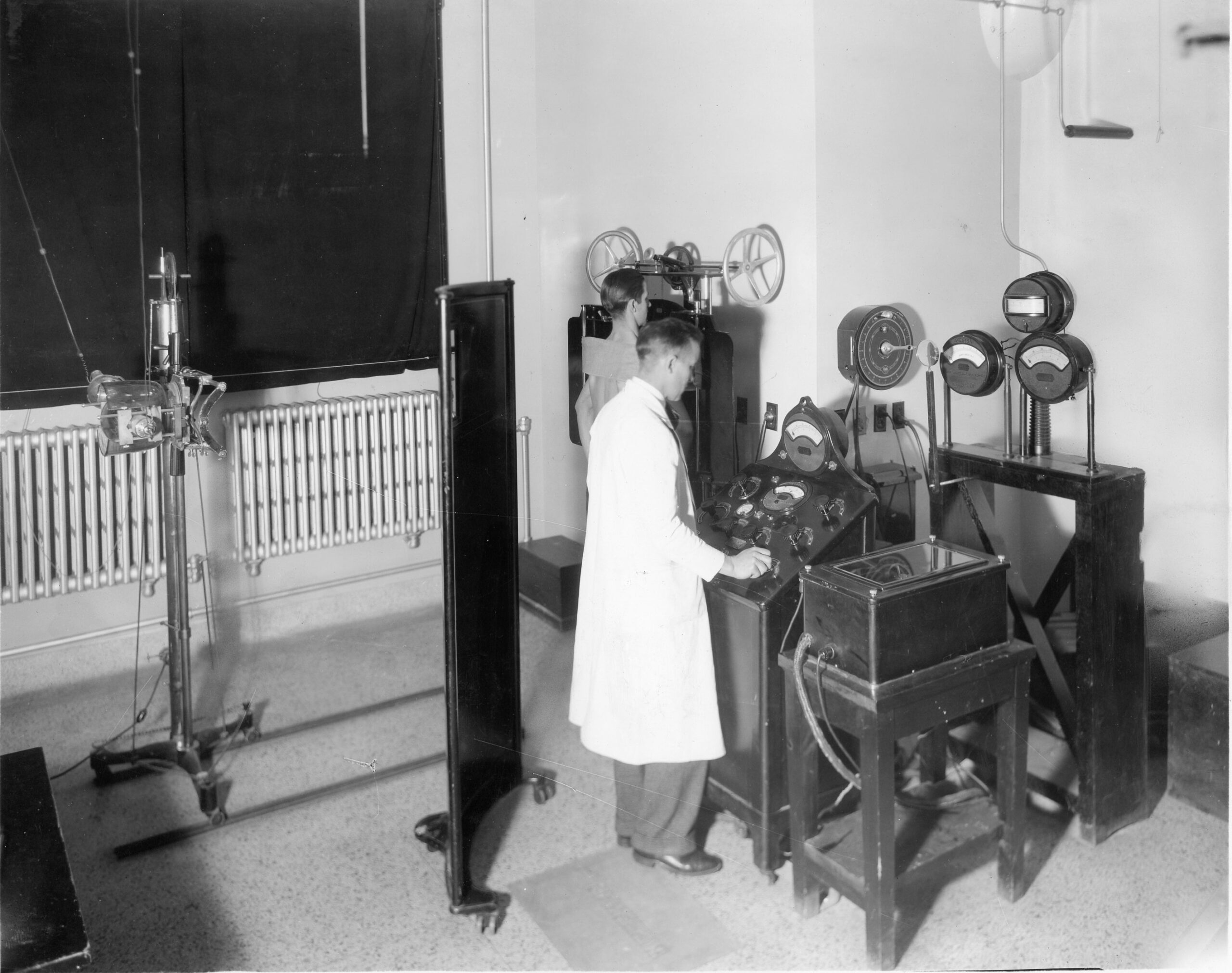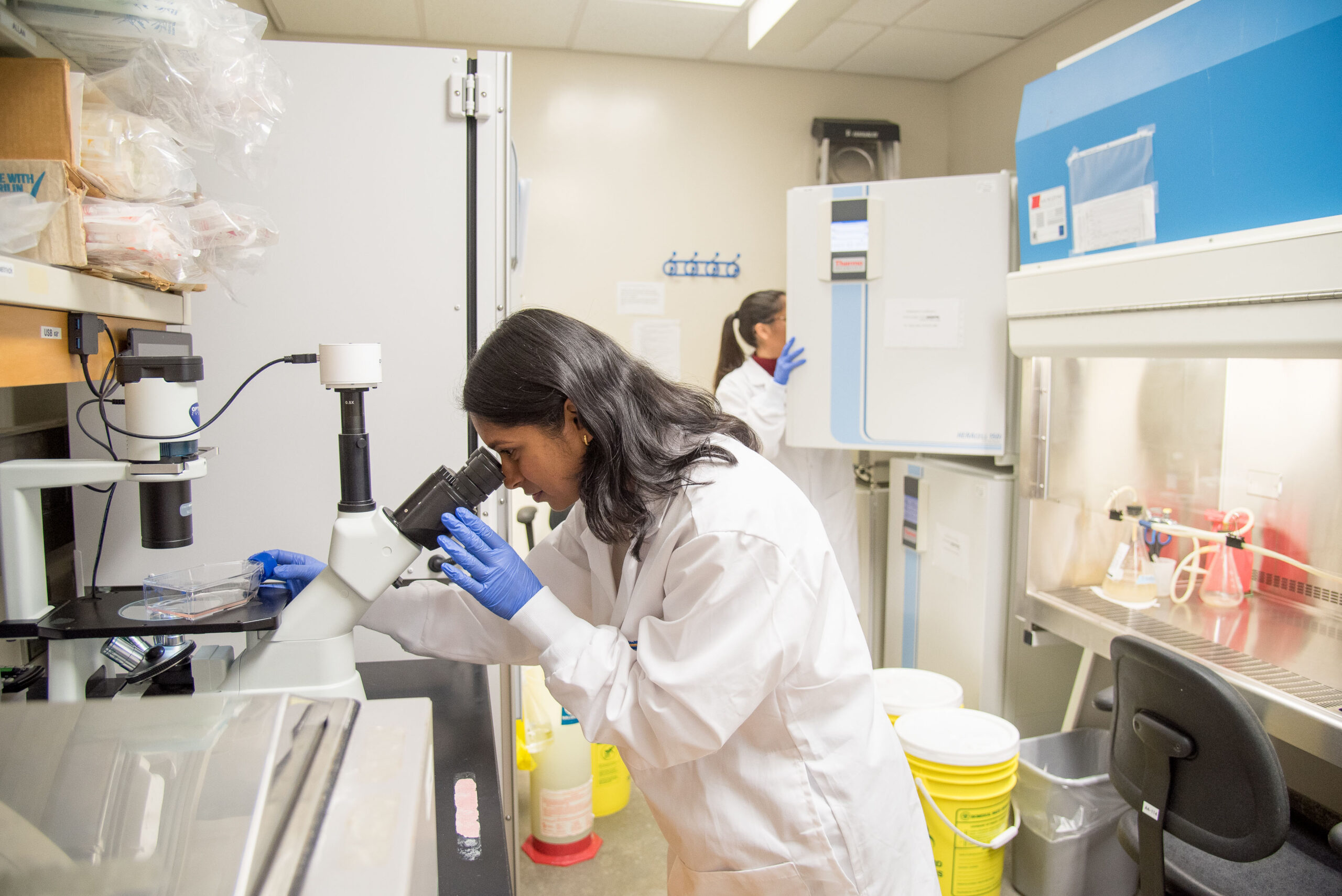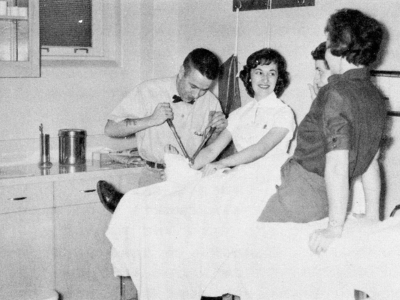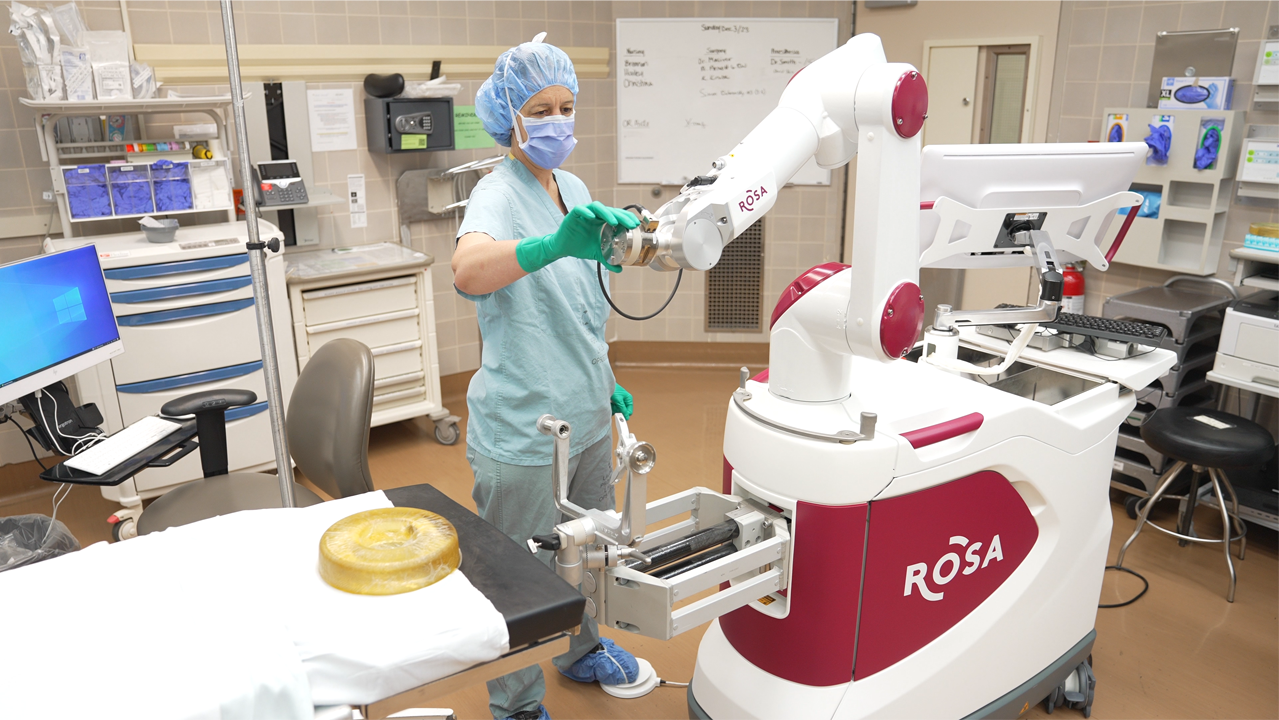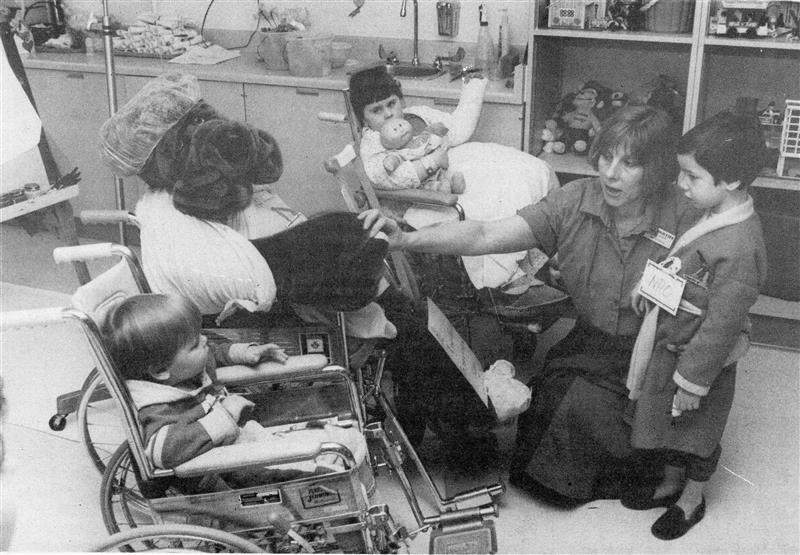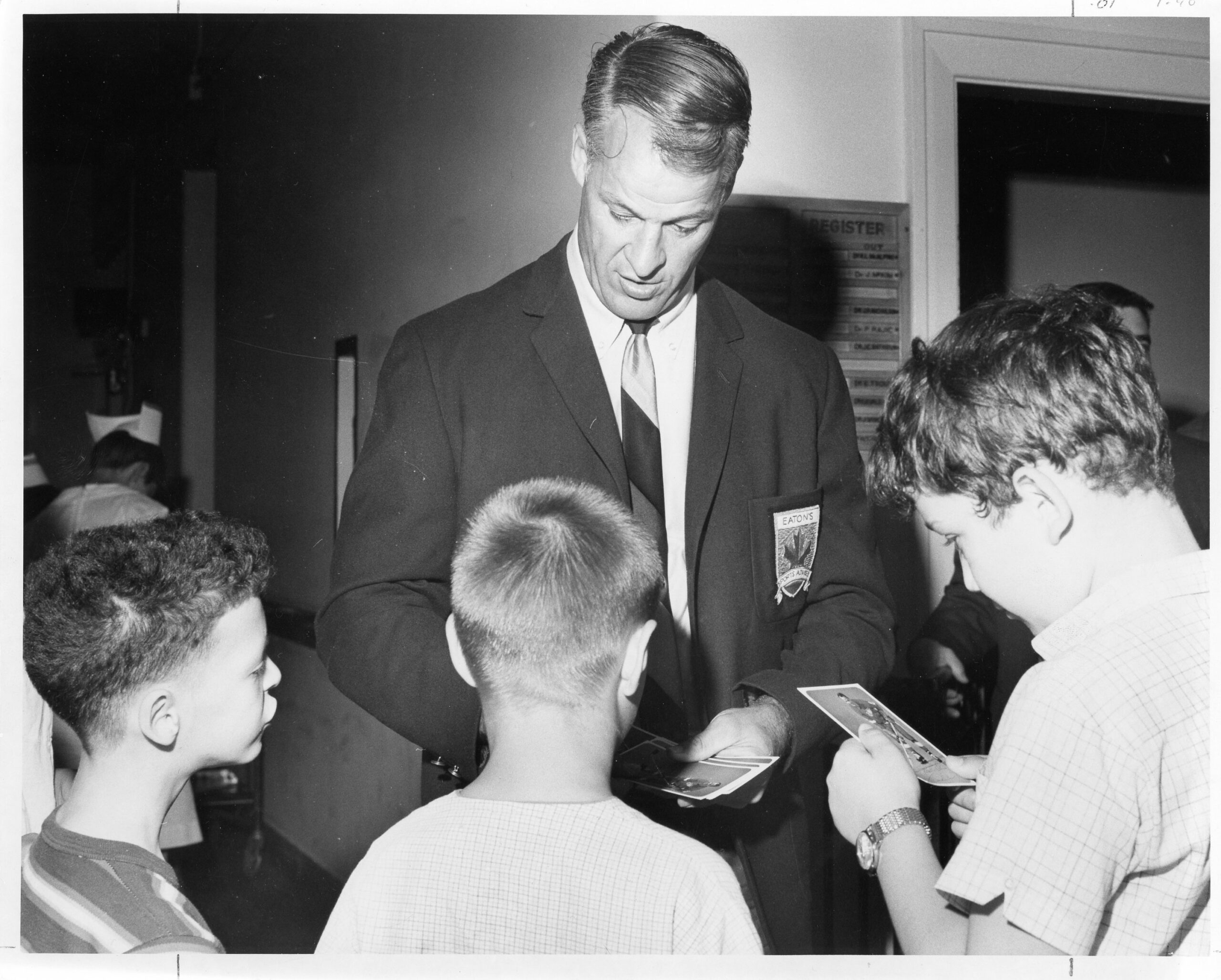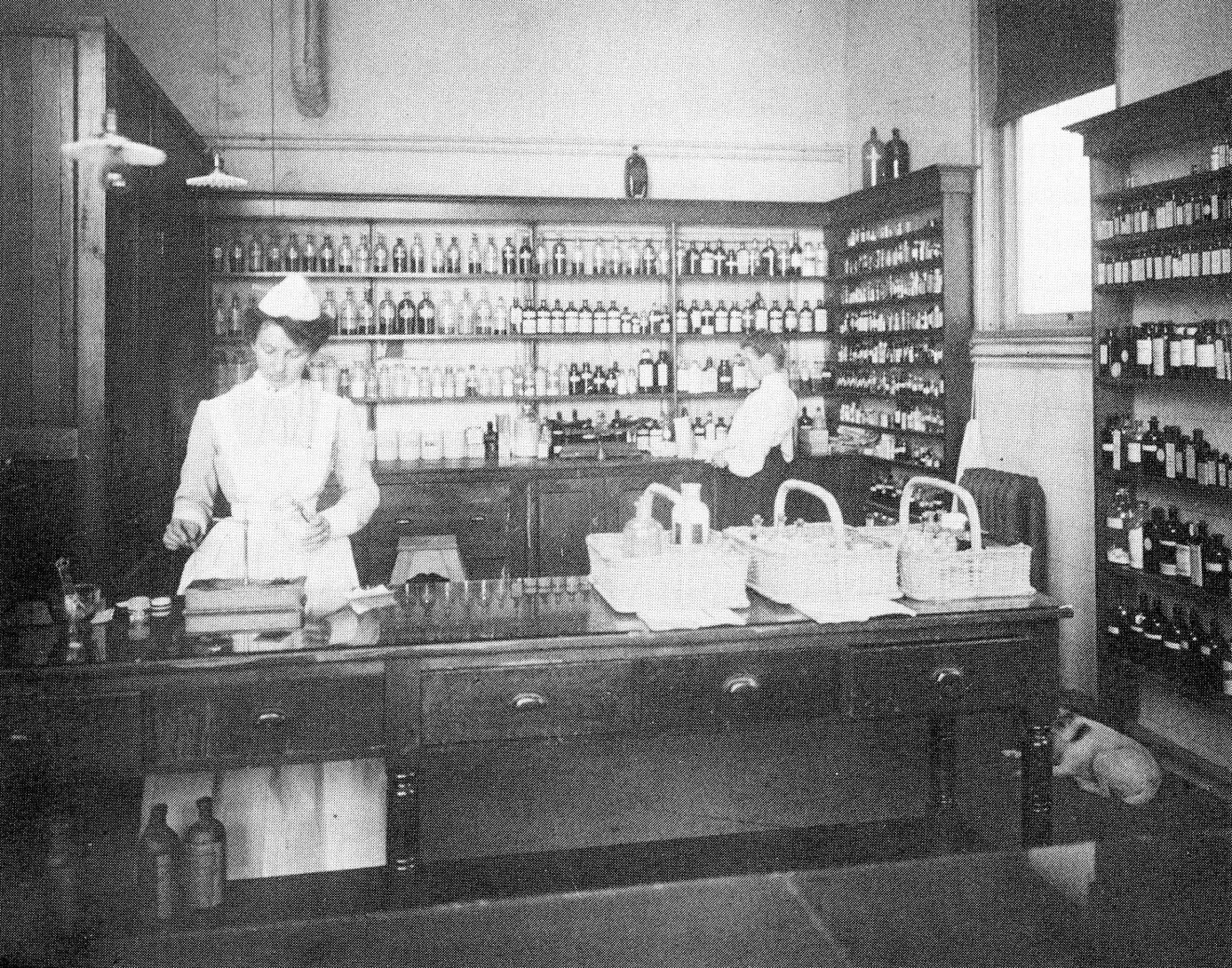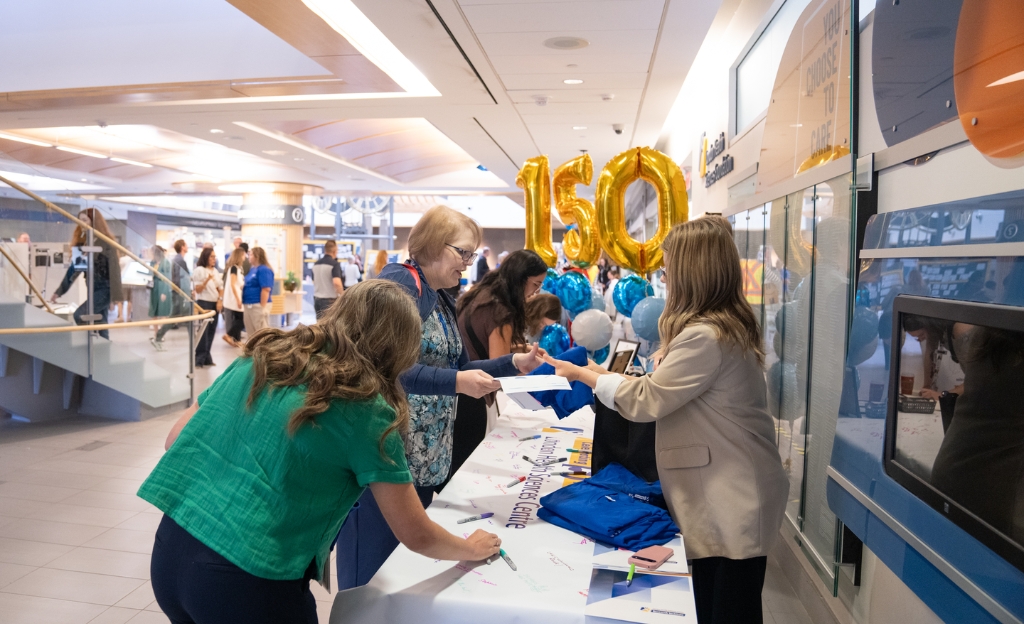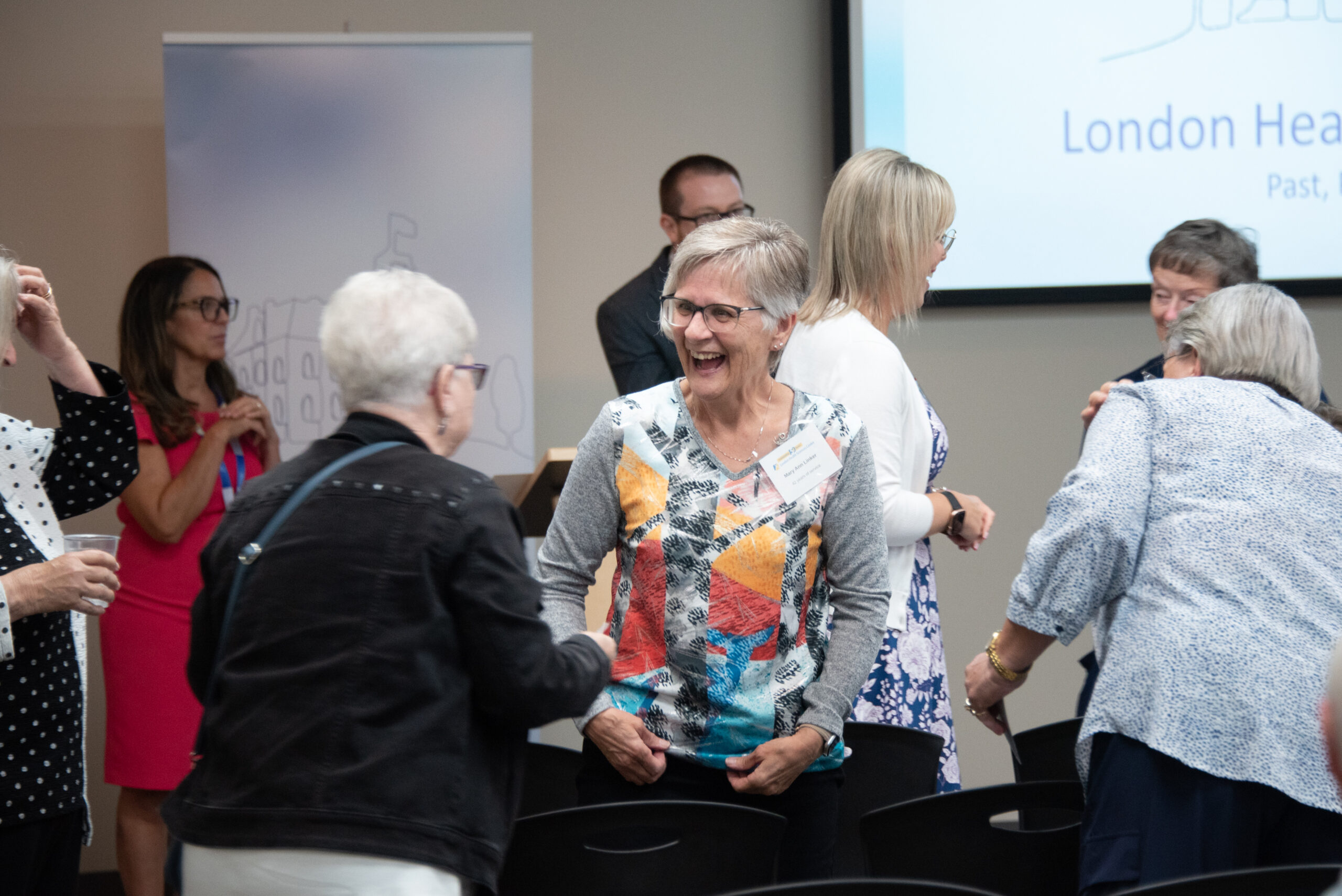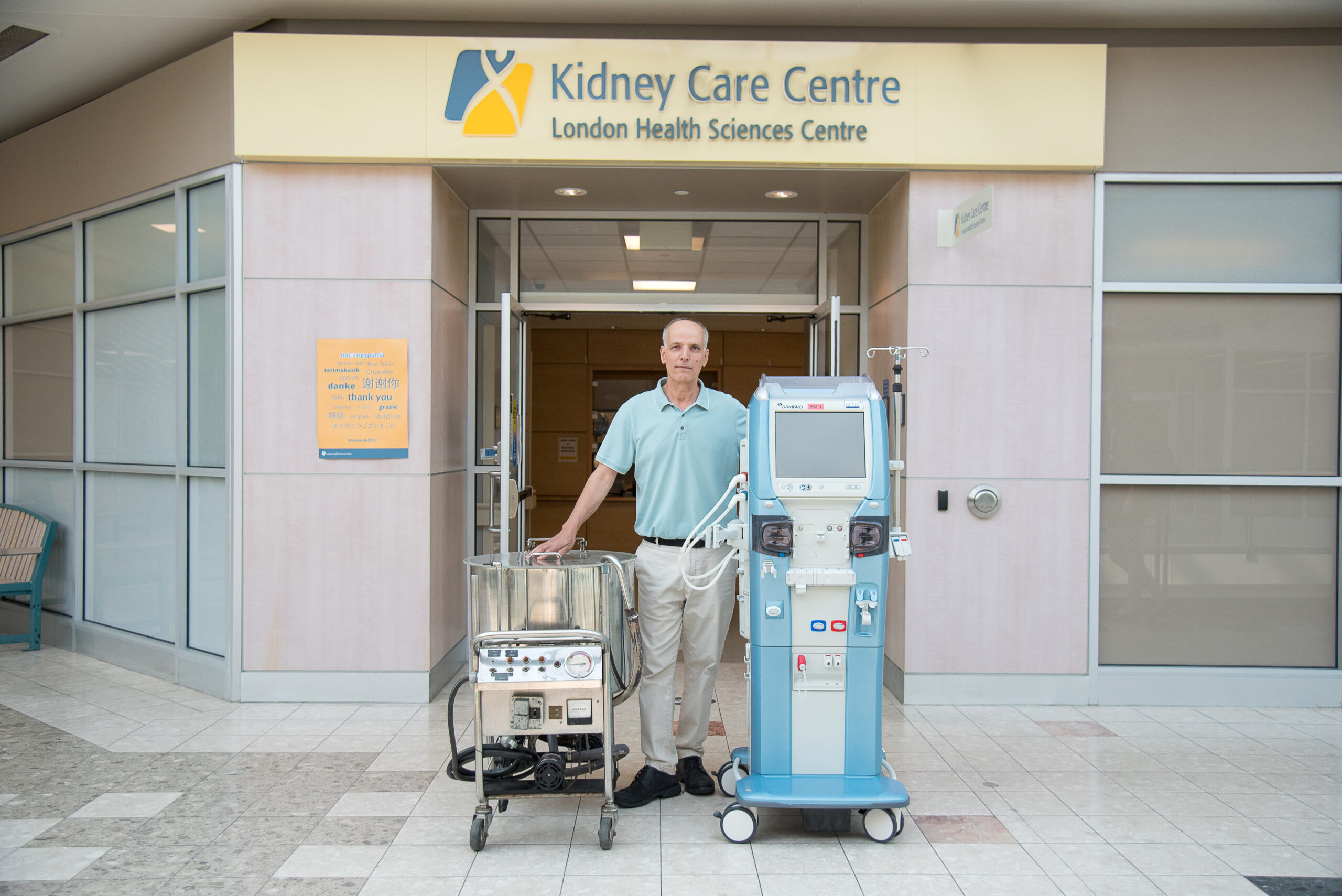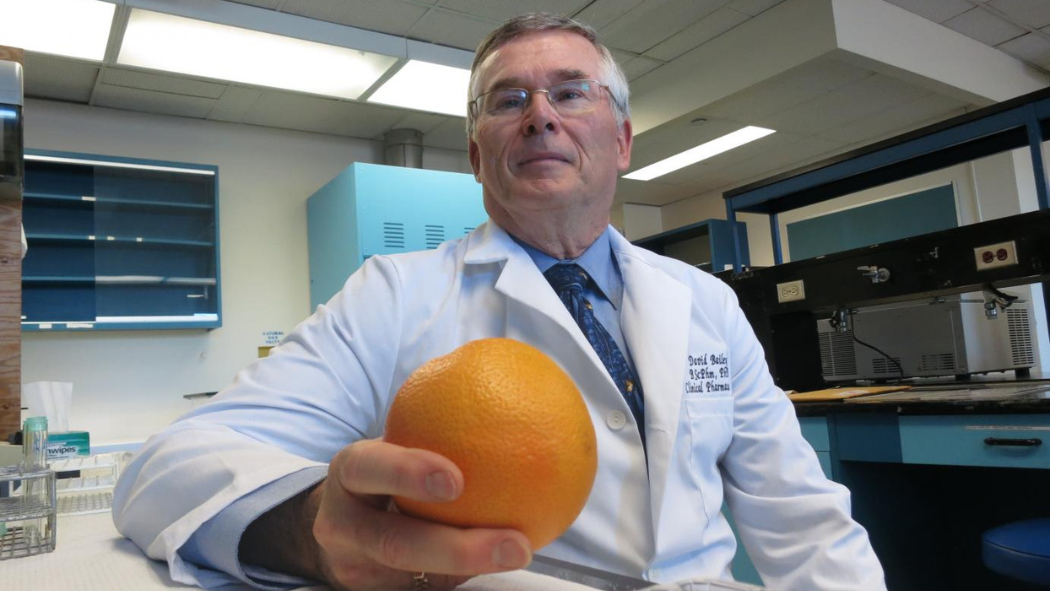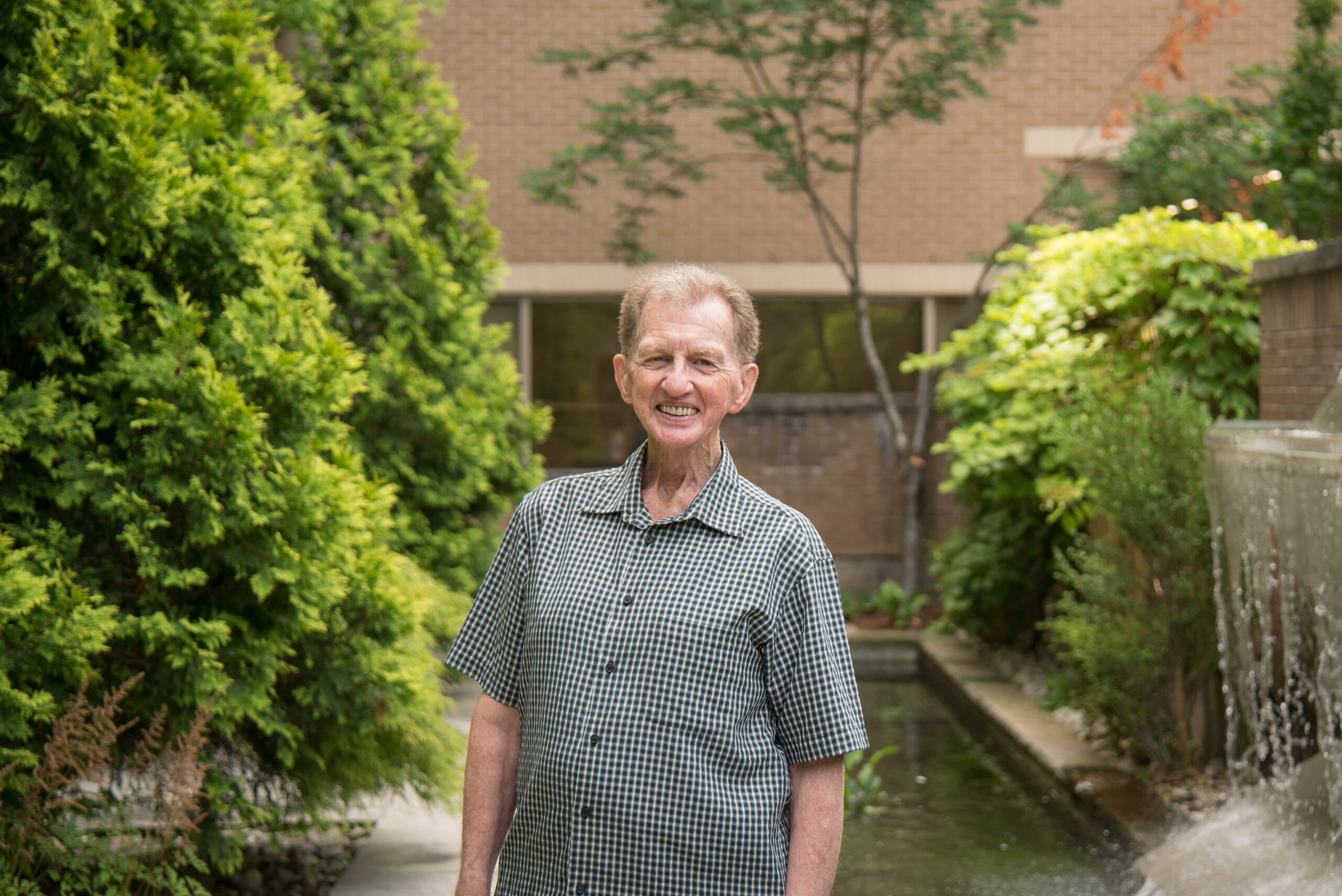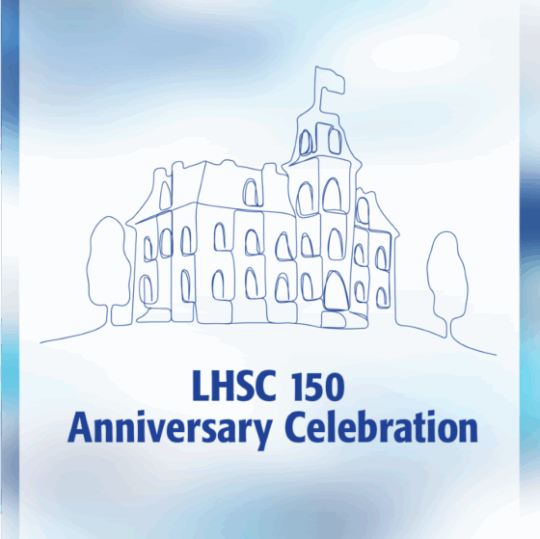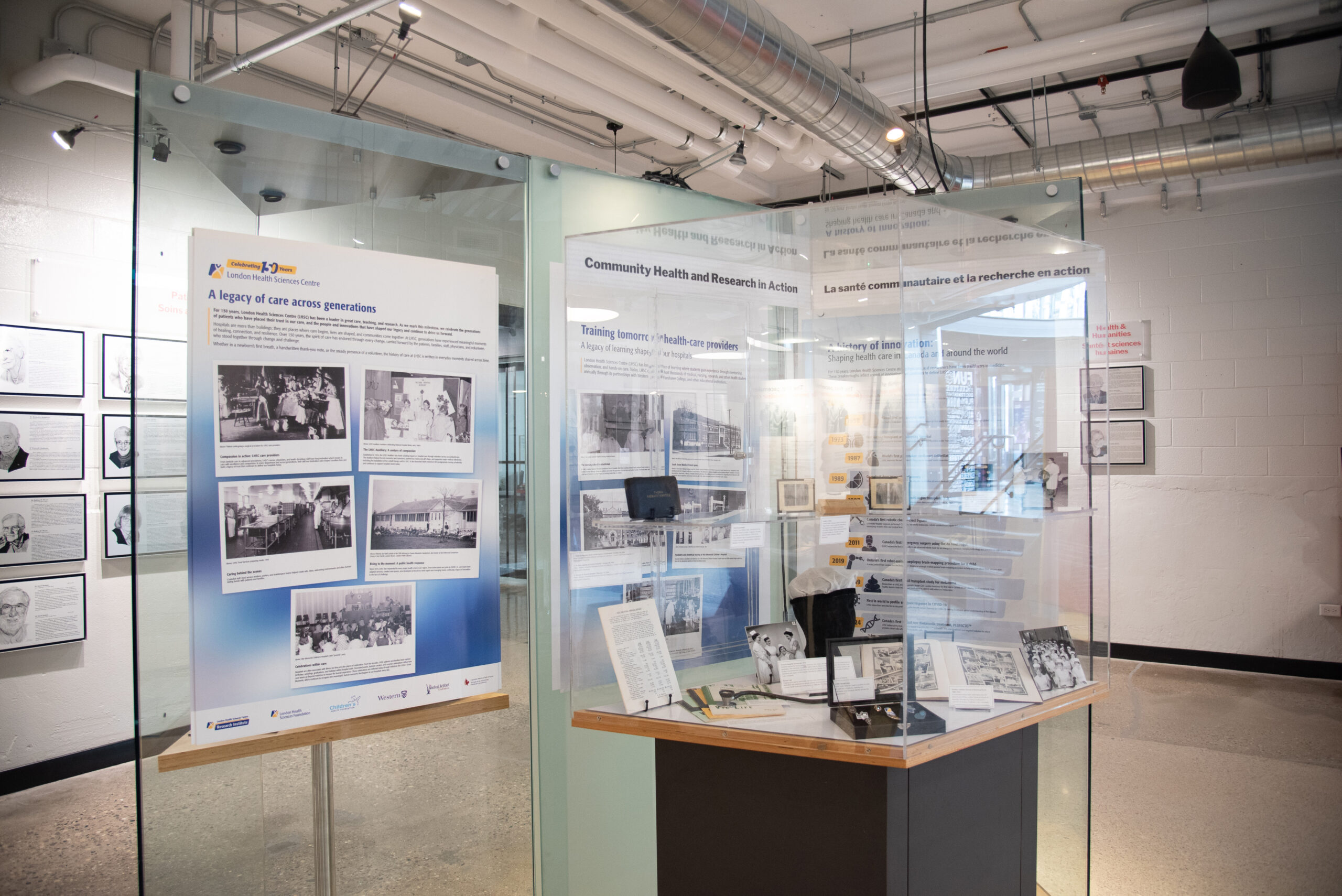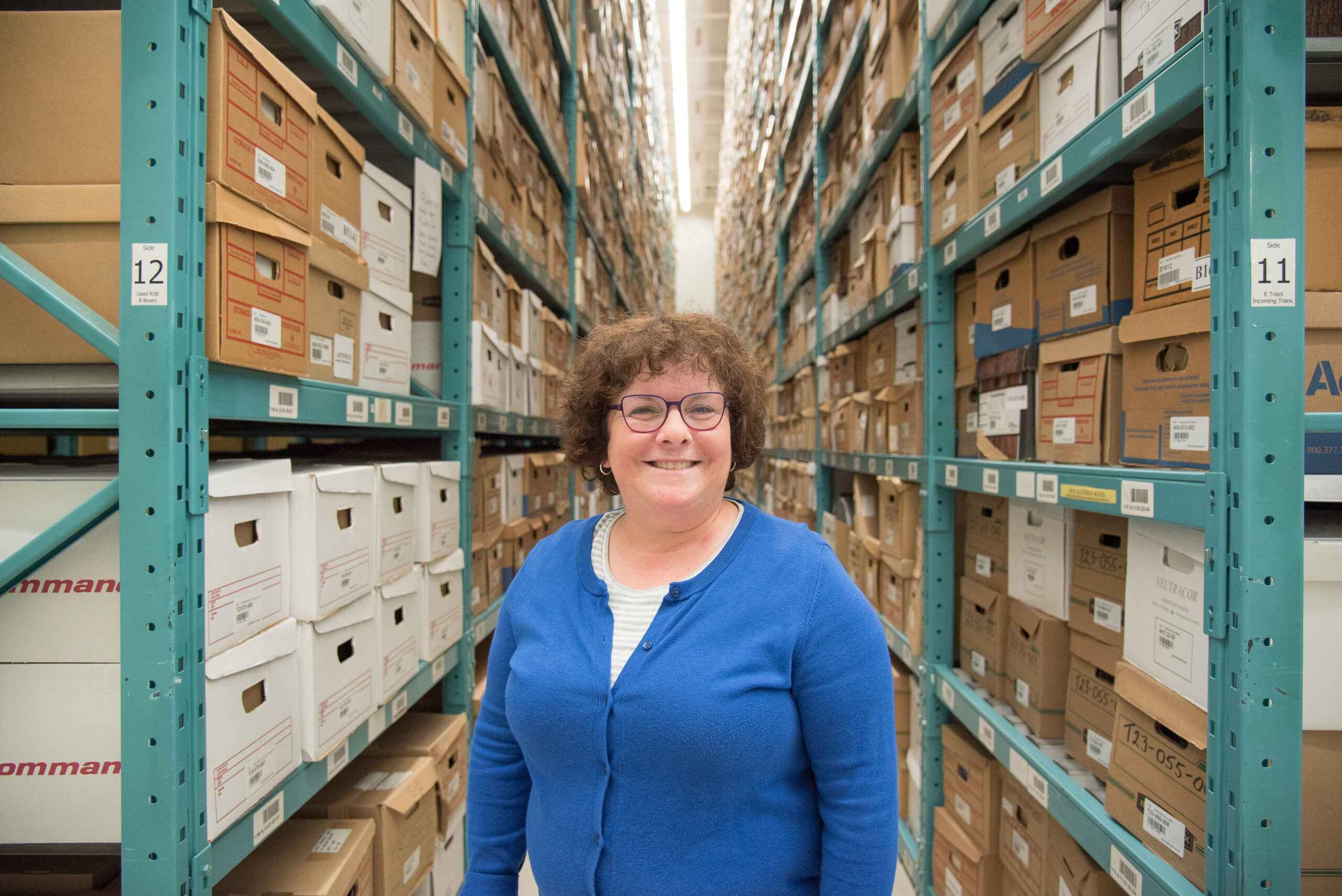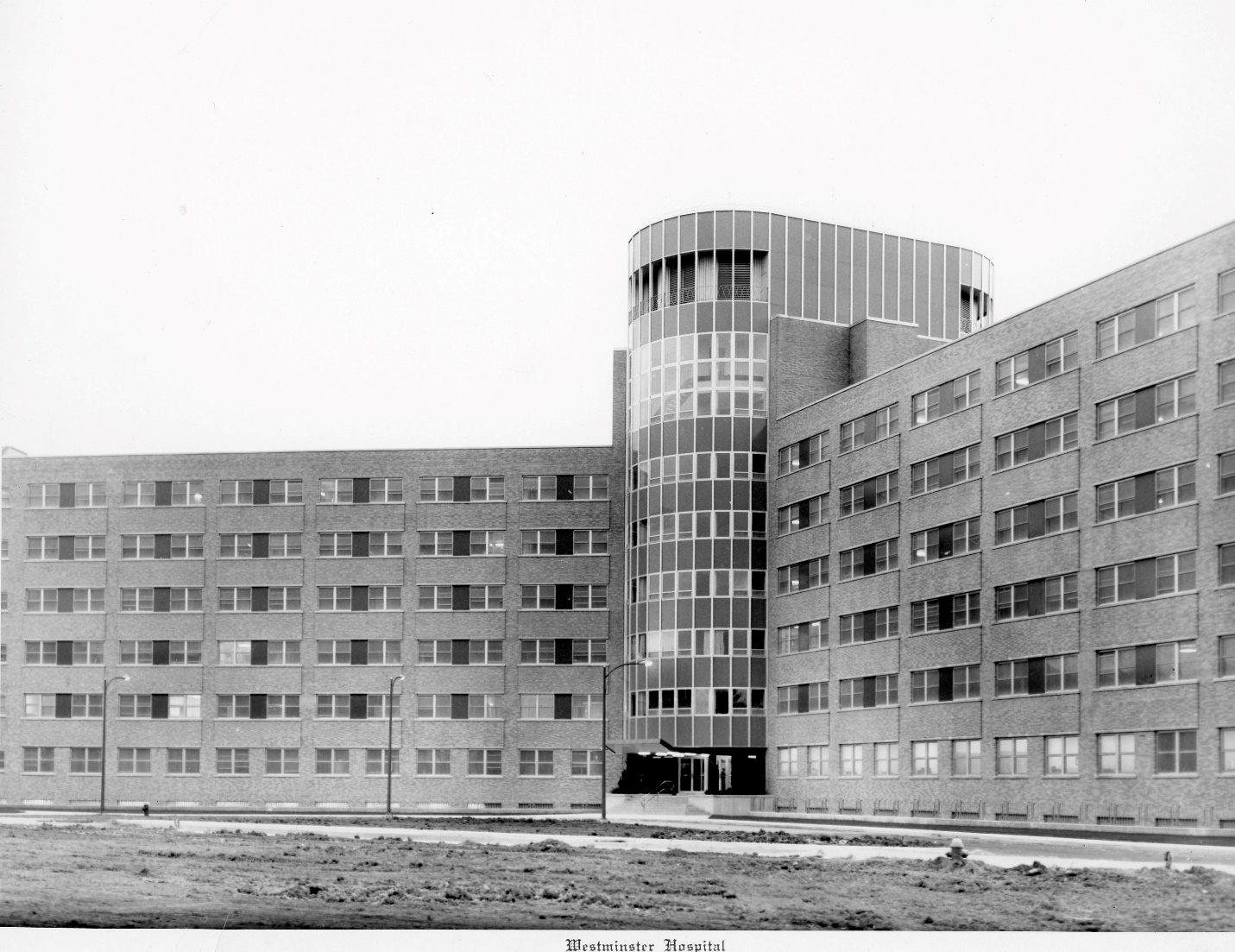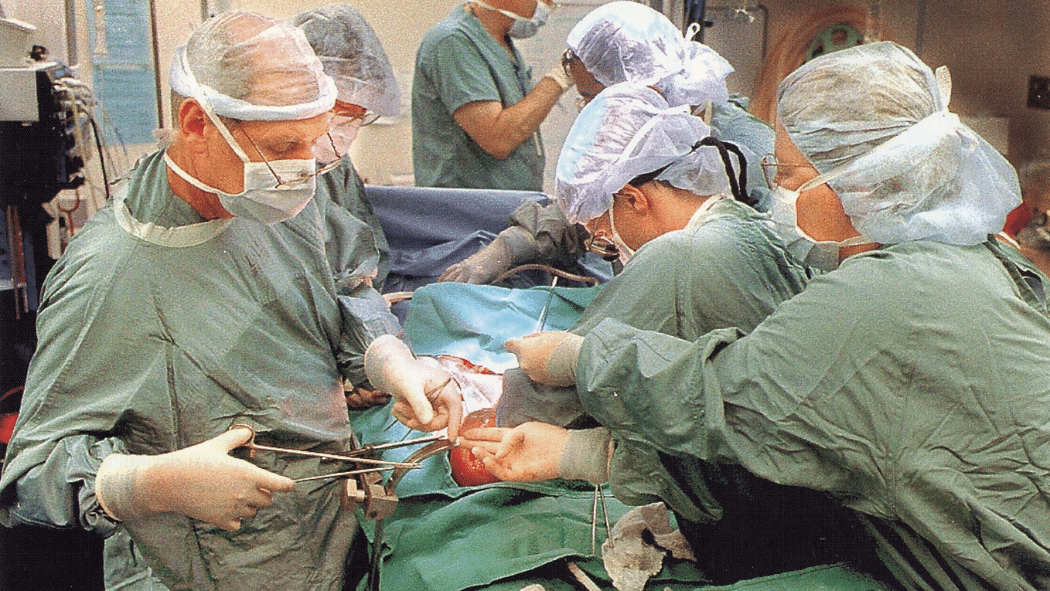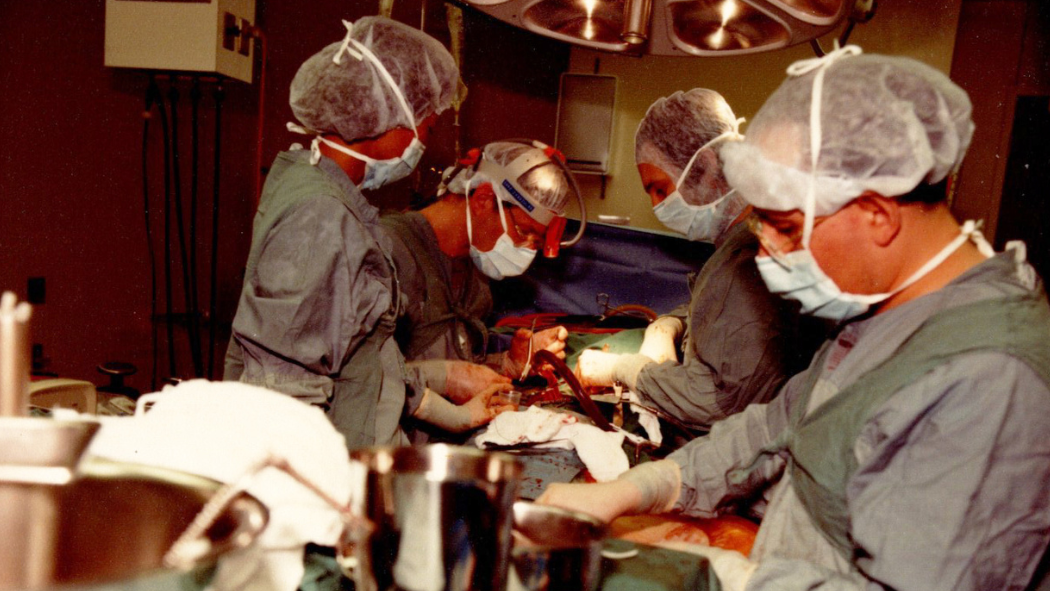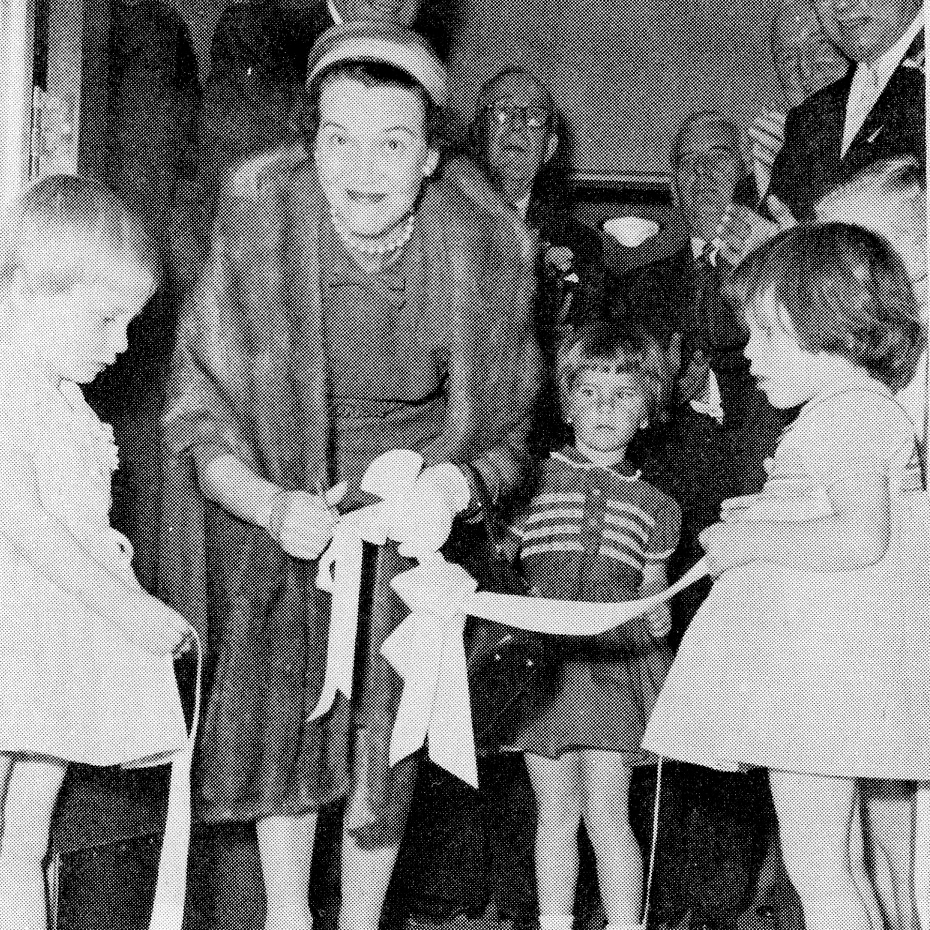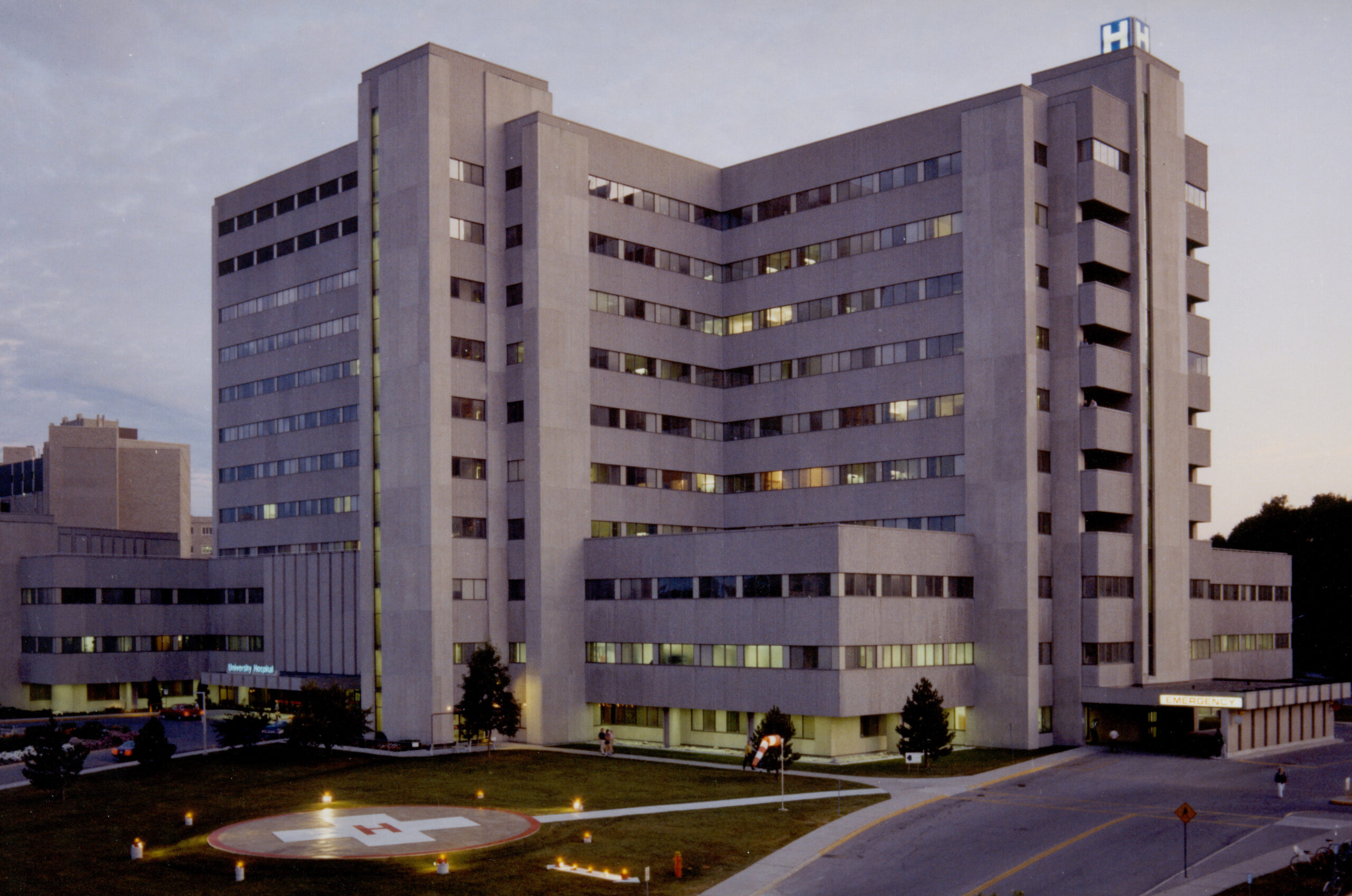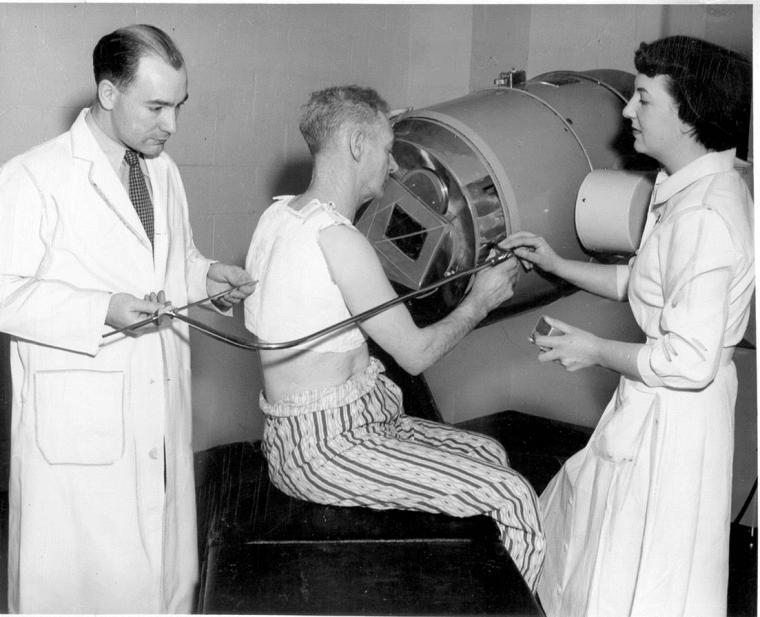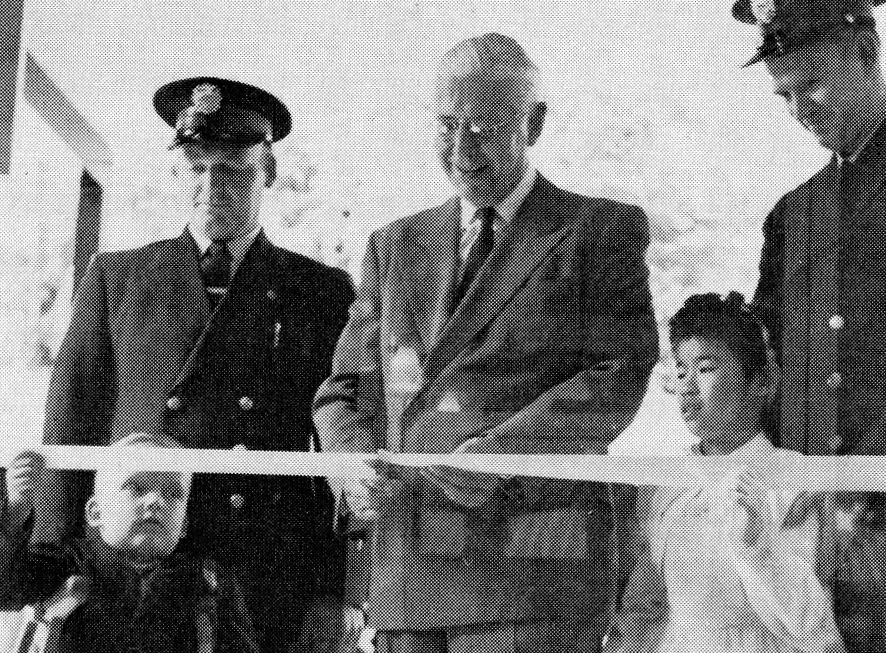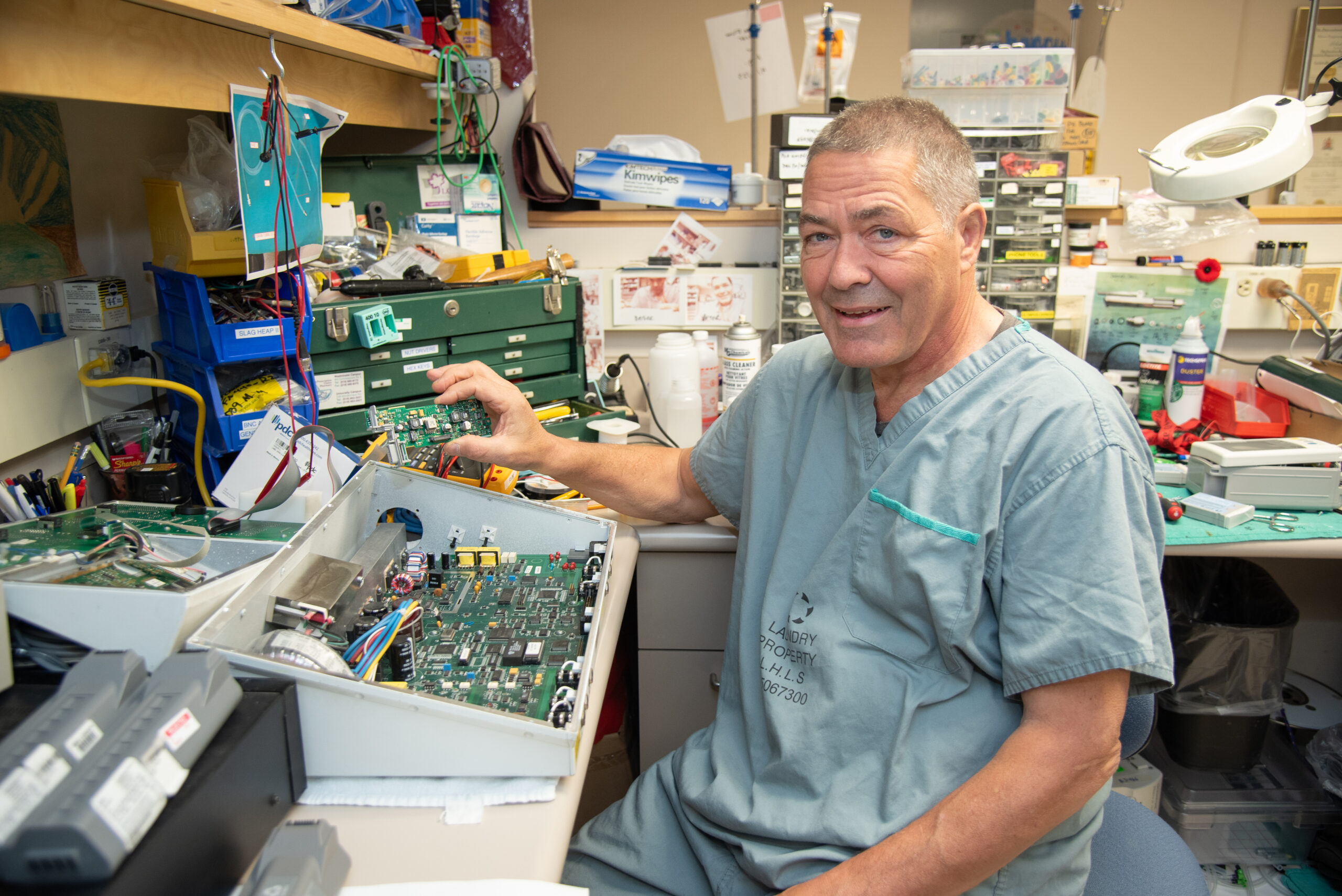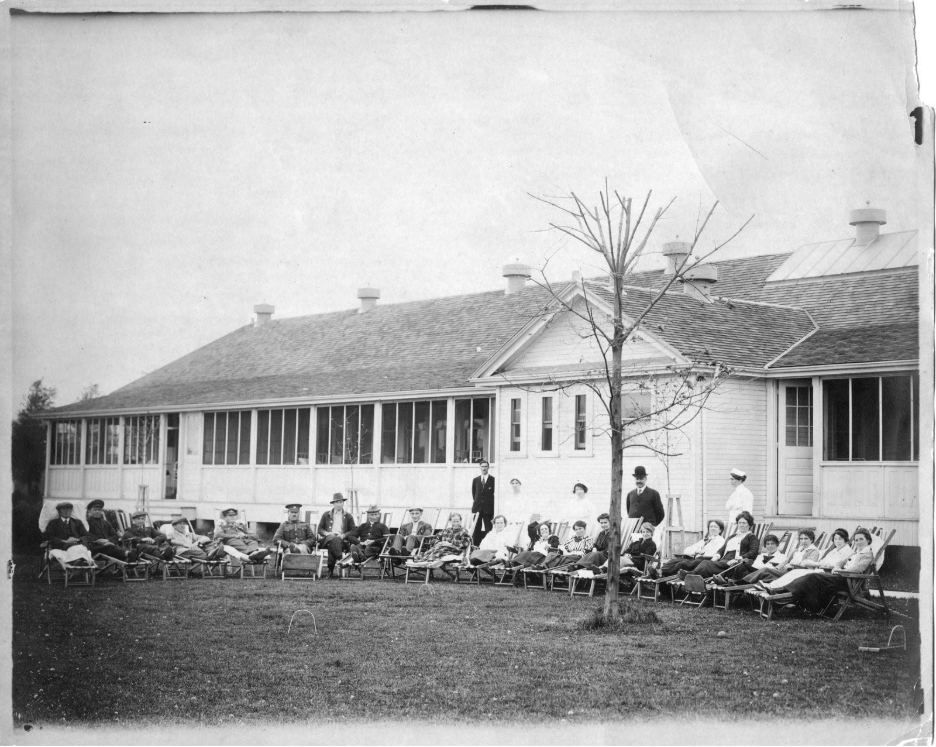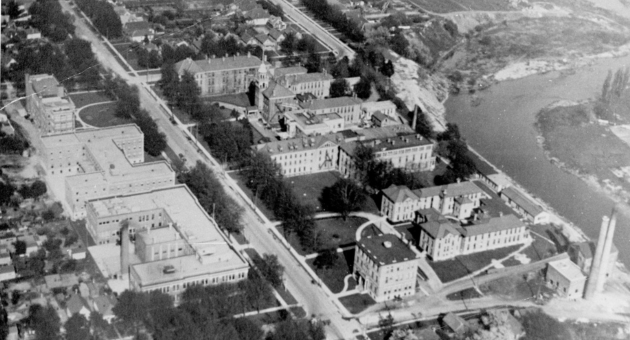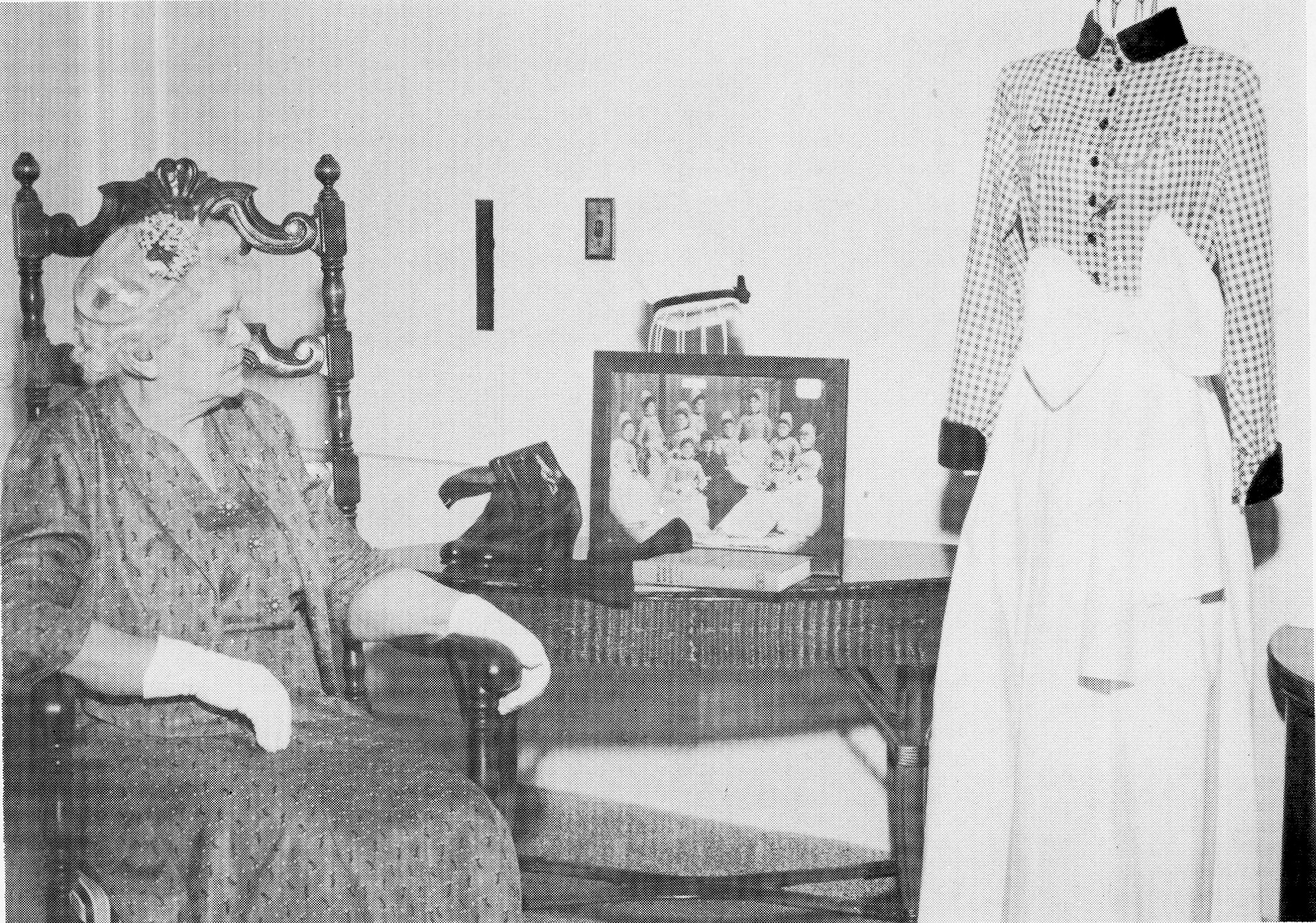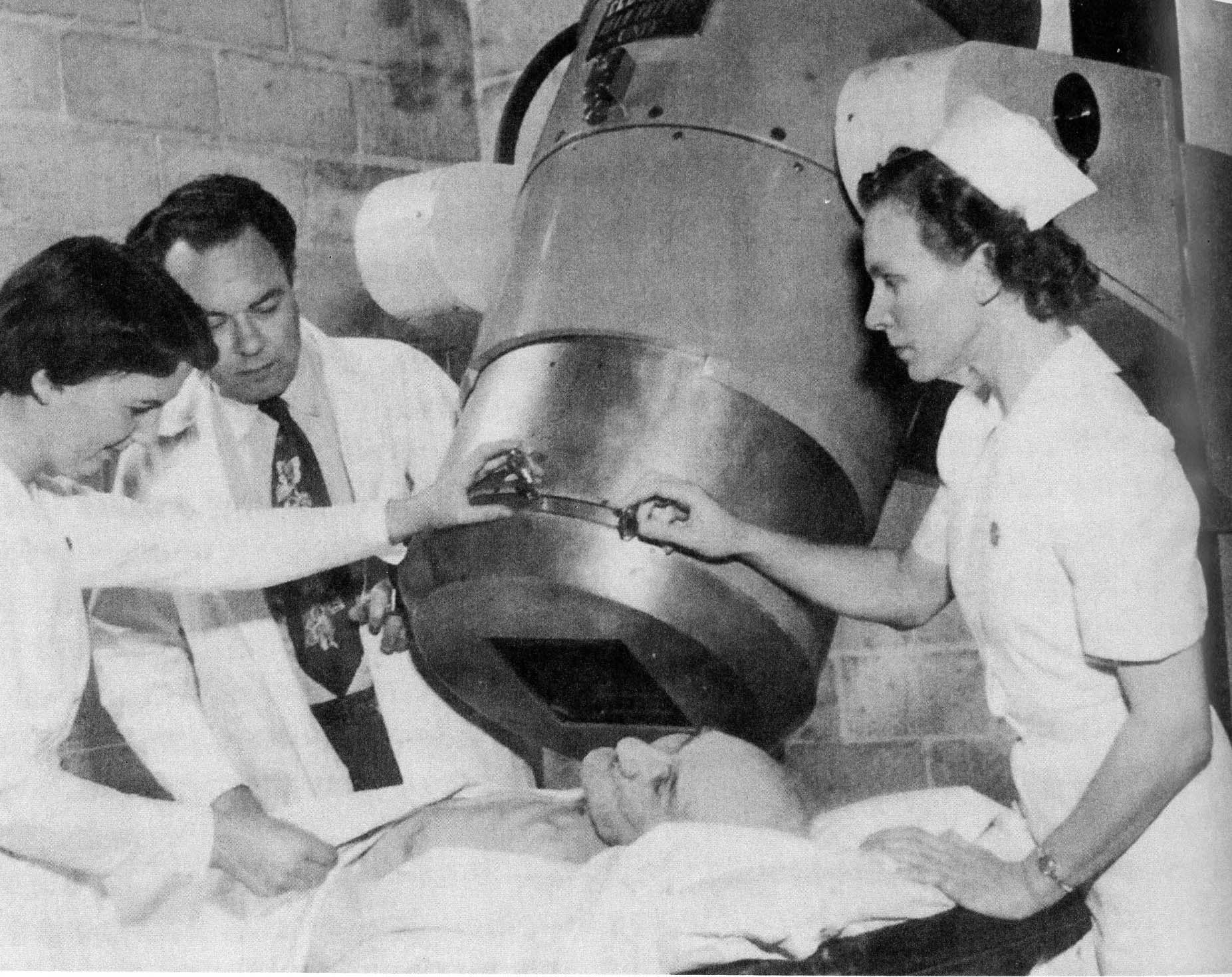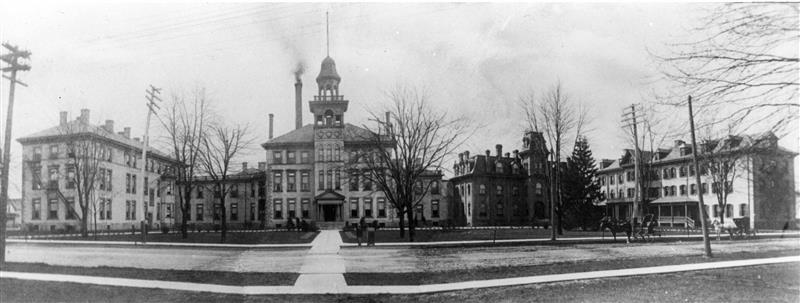Celebrating 150 years of care during Nursing Week
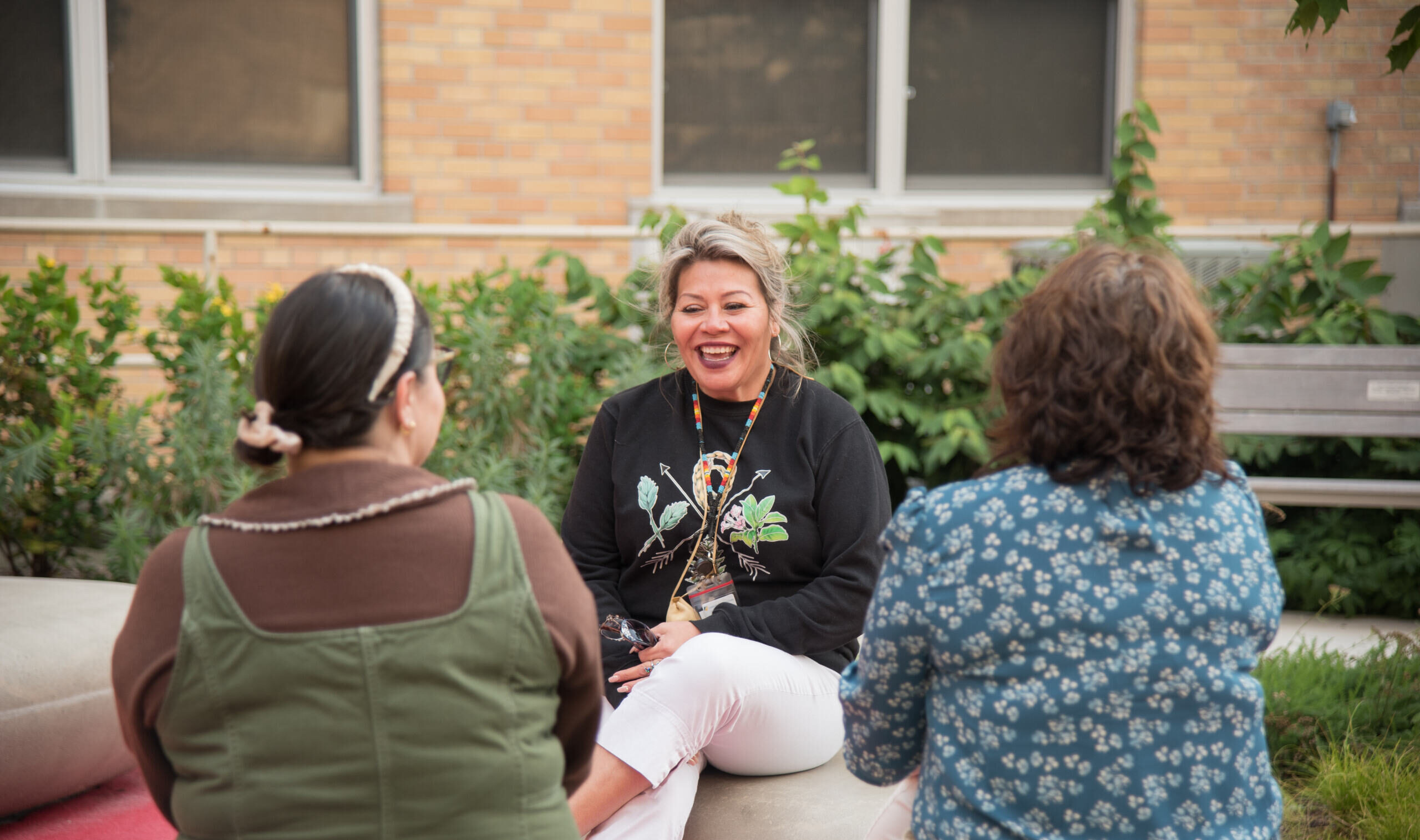
Above: Chantel Antone (centre), LHSC’s Indigenous Health Lead, began her career as a nurse in the palliative care unit.
As London Health Sciences Centre (LHSC) commemorates its 150th anniversary, we are reflecting on a century and a half of care, research, and innovation, and celebrating the people who have shaped our story and are leading our future. This week, as the organization celebrates Nursing Week, we recognize and honour the generations of nurses who have cared for patients while shaping the future of health care.
From its earliest days at LHSC, nursing has evolved into a profession that embraces advocacy, innovation, and leadership. One individual who embodies this evolution is Chantel Antone, whose deeply personal journey into nursing led her to become a powerful advocate for health equity as LHSC’s Indigenous Health Lead.
The path to nursing
Chantel’s path into nursing began during one of the most difficult moments of her life. After giving birth to a son who was born with a rare condition, she spent six weeks in the Pediatric Critical Care Unit (PCCU) at Children’s Hospital at LHSC. During this time, the care and compassion shown by nurses left an indelible mark on her.
“The nurses in the PCCU became like family. They cared for my son with such kindness and empathy. It was life-changing,” Chantel shared. “That’s why I became a nurse. I wanted to have that same kind of impact on someone else’s life.”
After starting nursing school as a young mother, Chantel found her calling in palliative care, where she could offer patients comfort and dignity at life’s end. For Chantel, being present with someone in their most vulnerable state was both powerful and fulfilling.
Advocacy and health equity for Indigenous patients
While Chantel thrived in clinical care, she also noticed deeper systemic issues facing Indigenous patients. There were gaps in understanding, access, and compassion that couldn’t be addressed by clinical care alone. It was a realization that propelled her into health equity work and planted the seeds for what would become a new chapter in her career.
“I was the only Indigenous nurse doing equity work at the time. It was daunting, but I knew that this work needed to be done,” she said. “It’s about breaking down barriers and making sure people are seen, heard, and cared for.”
Drawing on her clinical experience, her cultural knowledge, and mentorship from Indigenous leaders across the province, Chantel helped pioneer equity initiatives at LHSC and beyond. In this role, Chantel also helped educate members of Team LHSC to deepen their understanding of the needs of Indigenous patients and ensure their care respects cultural beliefs and values. Among her proudest accomplishments was co-creating the region’s first Indigenous Palliative Care Outreach Team, an innovative model that centered on cultural safety, community engagement, and end-of-life dignity for Indigenous patients.
Her efforts were grounded in frontline experience as well as leadership and policy, having previously worked with organizations like the Chiefs of Ontario and participated in national discussions on issues such as Missing and Murdered Indigenous Women, Girls and 2SLGBTQIA+ People.
Advancing Indigenous health
In 2022, LHSC began to scale up its Equity, Diversity and Inclusion strategy and Chantel formally stepped into a newly established leadership role with the Indigenous Health team.
She brought years of hands-on nursing experience, leadership training, policy insight, and a profound connection to community to the new position. Her approach was clear: listen to Indigenous voices and move from discussion to action.
“This work is about action,” Chantel said. “It was time to hear from Indigenous communities, identify the barriers they faced within the health-care system, and do something about it.”
Her nursing background remains an essential foundation for her role as Indigenous Health Lead. “Being on the frontline gave me insight into how the health-care system works. It helped me build credibility and understand where we could make real change. My clinical lens helps me bridge the gap between care and culture.”
To date, Chantel and the Indigenous Health team have achieved much success and recognize that there is still more to accomplish. Through their cultural safety and sensitivity education programs, the team has facilitated critical training to over 3,900 members of Team LHSC. The team also conducts annual Indigenous community engagement events, oversees LHSC’s visiting Elders program, which enables Indigenous patients to access traditional medicine and ceremonies, and connects patients and families with Indigenous services throughout the hospital, including Indigenous Patient Navigators in the Emergency and Mental Health departments.
Most recently, following feedback received from the Community Advisory Committee Surveys, LHSC will be working towards adopting Joyce’s Principle, which asserts the inherent right of Indigenous Peoples to equitable access to the highest standard of physical and mental health care, free of racism and judgment.
While Chantel feels that much of the Indigenous Health team’s work is aligned with Joyce’s Principle and the Truth and Reconciliation Commission’s Calls to Action related to health, she feels that this is only the beginning of the work to advance a fair and just health-care system for Indigenous communities.
“We are developing a plan for our adoption of Joyce’s Principle and will be listening to community feedback closely as we do so,” shares Chantel. “We need to continue listening and welcome continued feedback and engagement from Indigenous patients, families, and community members as we do this work.”
Reflecting on 150 years
As LHSC reflects on the legacy of nursing over the last 150 years, Chantel’s story is a powerful example of how far the profession has come from bedside care to institutional leadership, and from tradition to transformation.
“Over the past 150 years, nursing at LHSC has evolved tremendously from a focus on bedside care to a dynamic profession that leads and shapes the way health-care is delivered today and tomorrow. That collective strength of leadership and shared commitment to quality, care, and a better future will advance more culturally safe, inclusive, and equitable healthcare,” says Deborah Wiseman, LHSC’s Corporate Nursing Executive and Vice President of Medicine, Emergency Services, Critical Care and Clinical Neurological Sciences.
“Chantel’s story reflects the evolution of nursing and demonstrates how today’s nurses are not only caregivers, but leaders, advocates, and system changers. On behalf of the organization, I would like to extend my gratitude to Chantal, the Indigenous Health Team, and all LHSC nurses who care with compassion, courage, and commitment for each patient, every day.”
Looking back on her career journey from nursing to Indigenous Health Lead, Chantel offers a message to young Indigenous people considering a career in health care. “Believe in yourself and let your spirit guide you. Nursing can lead you down paths and into spaces where you can have an impact far beyond what you ever imagined.”
As LHSC marks its 150th year, stories like Chantel’s serve as a reminder that while the past grounds us, our future is being written by those with the courage to lead and the heart to heal.
LHSC is celebrating 150 years of care, innovation, and community impact by sharing 150 moments from our history. Join us in marking this milestone by sharing your own LHSC story.
